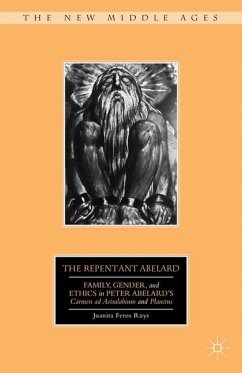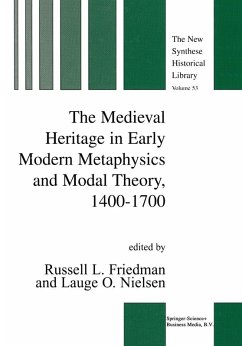
Struggle of Faith and Reason: A History of Intolerance and Punitive Censorship
Part I: From Homer to Peter Abelard and Arnold of Brescia
Versandkostenfrei!
Versandfertig in 6-10 Tagen
118,90 €
inkl. MwSt.

PAYBACK Punkte
0 °P sammeln!
The aim of this book is to discuss the quintessential struggle of faith and reason that invariably and perpetually manifests itself in the history of humanity. In west, technology, technolatria, is now seen as a substitute for desacralised Christianity. Ancients disliked «Faustian» technology and manipulation of the natural order of things. They branded Prometheus and Daedalus as evil-doers, for 'novelty' or 'innovation' then stood for hybris. The Greco-Roman Antiquity was markedly religious and political. Leaders and commoners had all to observe the sacrosanct cult. Thus, law and order were...
The aim of this book is to discuss the quintessential struggle of faith and reason that invariably and perpetually manifests itself in the history of humanity. In west, technology, technolatria, is now seen as a substitute for desacralised Christianity. Ancients disliked «Faustian» technology and manipulation of the natural order of things. They branded Prometheus and Daedalus as evil-doers, for 'novelty' or 'innovation' then stood for hybris. The Greco-Roman Antiquity was markedly religious and political. Leaders and commoners had all to observe the sacrosanct cult. Thus, law and order were maintained, and change was precluded. The triumph of Christianity, orchestrated by Roman aristocracy, was to lead to intolerance and persecution even within the Orthodox Church.
This book presents a contribution to the neglected branch of history of morals in a time when virtue has been lost, and moral disorder or vacuum has ensued. The study covers a very long March of Father Time, from Homer and Hesiod until the twelfth century of the Common Era.
This book presents a contribution to the neglected branch of history of morals in a time when virtue has been lost, and moral disorder or vacuum has ensued. The study covers a very long March of Father Time, from Homer and Hesiod until the twelfth century of the Common Era.












